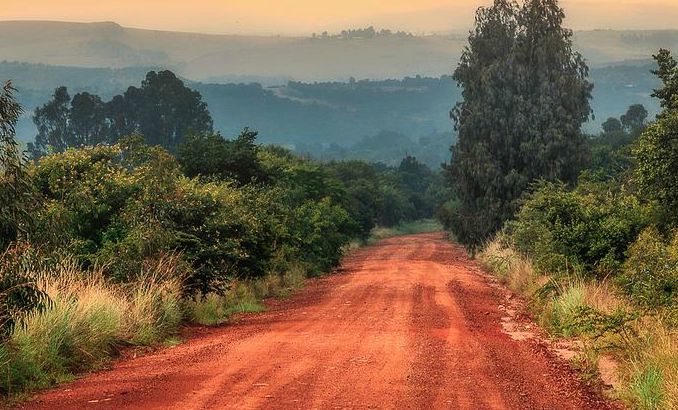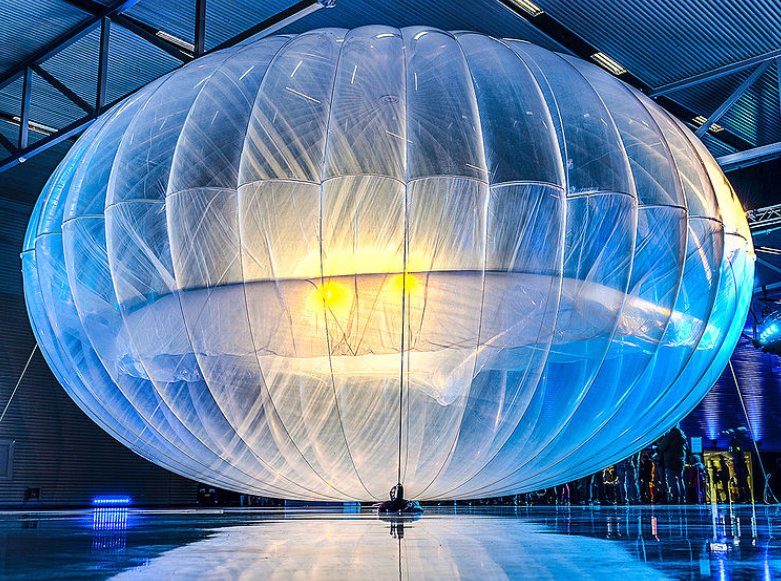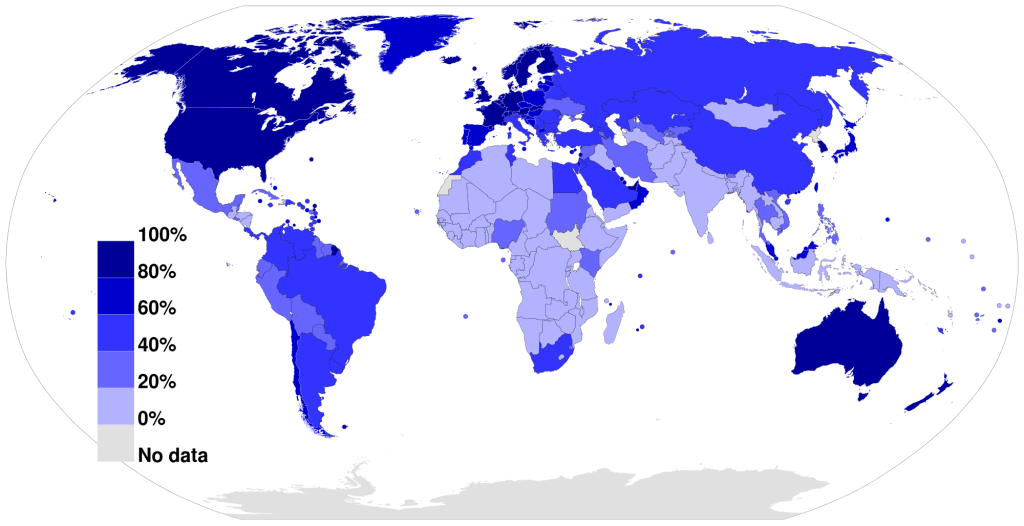Facebook and Google in a Race to Extend Global Internet Access


While most of us depend on the Internet to provide us with communication, information, and entertainment, much of the world’s population does not have Internet access. In some areas, there is insufficient infrastructure to provide such access. In others, potential users can afford neither Internet service nor the devices on which to access it. Up to 10% of the world’s population exists in these technological gaps, limiting entire community’s access to communication and information. This digital divide between the “haves” and “have nots” becomes more pronounced as Internet use continues to proliferate in the consumer and business world. Two giants of the Internet, Google and Facebook, are taking steps to make global Internet access a reality.
Google Launches Project Loon

Google’s Loon Wireless Balloon
Google is spreading Internet access through Project Loon, which entails launching huge, super pressure balloons, known as Nighthawks, approximately 20 kilometers above the Earth’s surface. Using software algorithms, Project Loon is able to steer balloons to particular wind currents in order to create a comprehensive communications network. The balloons, developed by Raven Aerostar, are long-duration, high altitude balloons that have been designed to maintain consistent pressure despite temperature fluctuations.
In March 2015, the Google team succeeded in keeping one Nighthawk balloon aloft for a record-breaking 187 days. The balloon circled the globe 9 times before being recovered in Argentina, and successfully endured temperatures as low as -75c (-103 F).
The government of Sri Lanka announced that it was partnering with Google to have Project Loon provide comprehensive Internet coverage for the entire nation. Sri Lanka is a prominent example of a country under served by the Internet: the country has a population of 22 million but only approximately 2.8 million mobile Internet connections and 606,000 wired connections. Although there is no definite timetable for a launch of Project Loon in Sri Lanka, the country’s foreign minister estimates that the country will be covered in a few months.
Facebook Takes to The Air With Aquila
Meanwhile, Facebook founder Mark Zuckerberg announced via Facebook post that the company intends to deliver wireless signals from the skies using Aquila, a solar powered drone aircraft. The project will use lasers to beam wireless Internet access down to areas that currently lack service. Aquila boasts a wingspan of 42 meters, approximately the same as a Boeing 737, but weighs less than an automobile. The massive drone is capable of sending data at 10 gigabits per second from a distance of over 10 miles to “a point the size of a dime.” Perhaps the flashiest part of the Facebook project Internet.org, Aquila is designed to provide affordable Internet access to more communities around the world.
“When you bring a road to a rural area, it always improves their lives. Similarly when you bring [the] Information Highway to a place, it will really improve their livelihood.” Hamid Hemmati, PhD., Facebook Director of Engineering, Laser Communications
Aquila is the most ambitious drone-based initiative in history, currently planning to a flight duration of 3 months at altitudes far above normal flight paths— 12 miles above sea level or greater. Taking its name from the Aquila constellation, which represented the eagle responsible for delivering Zeus’ lightning bolts in ancient Greek mythology, networks of drones will work in concert to receive radio Internet signals from a ground station to a mother aircraft, and in turn provide that wireless signal to additional aircraft in the area for distribution to local residents. The Aquila team has recognized that, due to variances in population concentrations from location to location, this will not be a complete solution to bridging all the gaps in Internet access, but can achieve significant results in expanding its reach and availability.
One can view the race between Google and Facebook to spread access to the Internet as altruism, or more cynically as a drive to obtain more users. Either way, the competition between these two Internet giants promises to be a fascinating spectacle, certain to result in some impressive technological advances.

